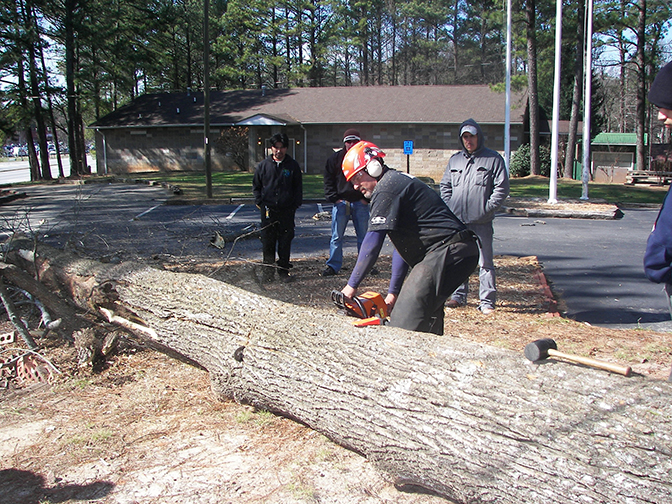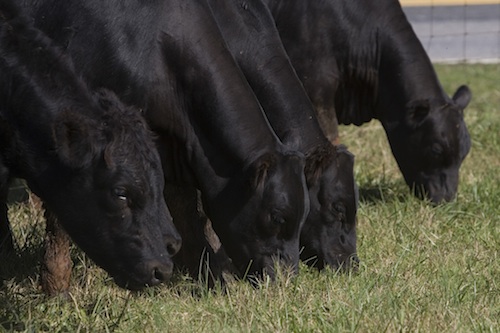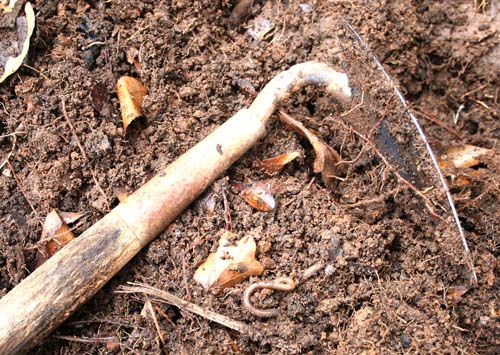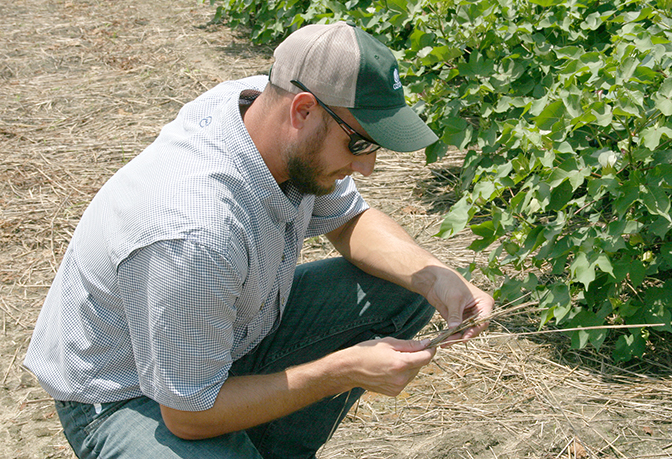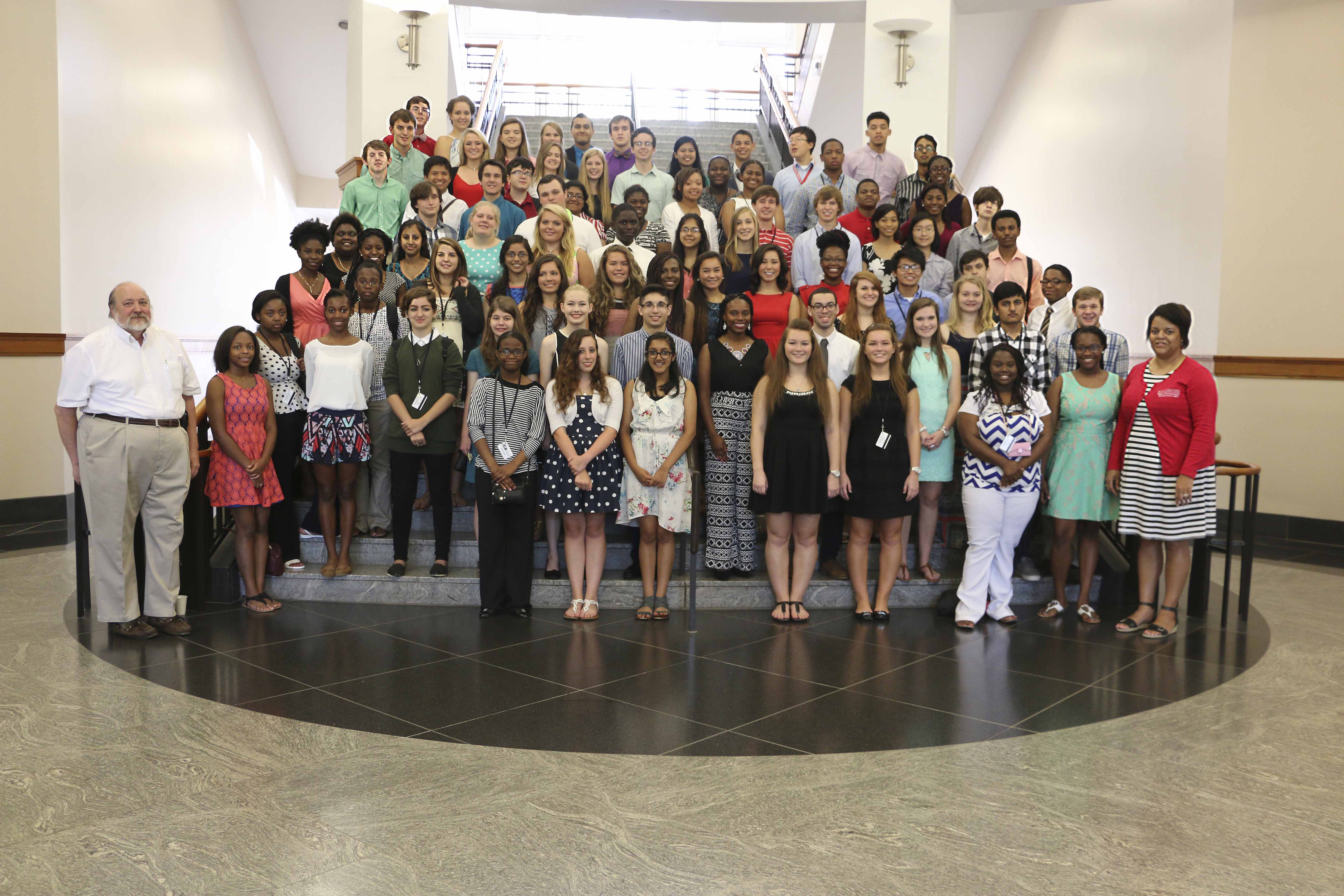Georgia 4-H Winners
More than 250 Georgia 4-H’ers met in Atlanta July 21-22 to compete for 47 coveted “Master 4-H’er” titles, the youth organization’s highest honor. Students from across the state competed in a variety of categories, from photography to public speaking and communications to companion animal science. They gave 12-minute demonstrations and prepared portfolios of their research and service project areas. Expert judges evaluated their work and interviewed them.

